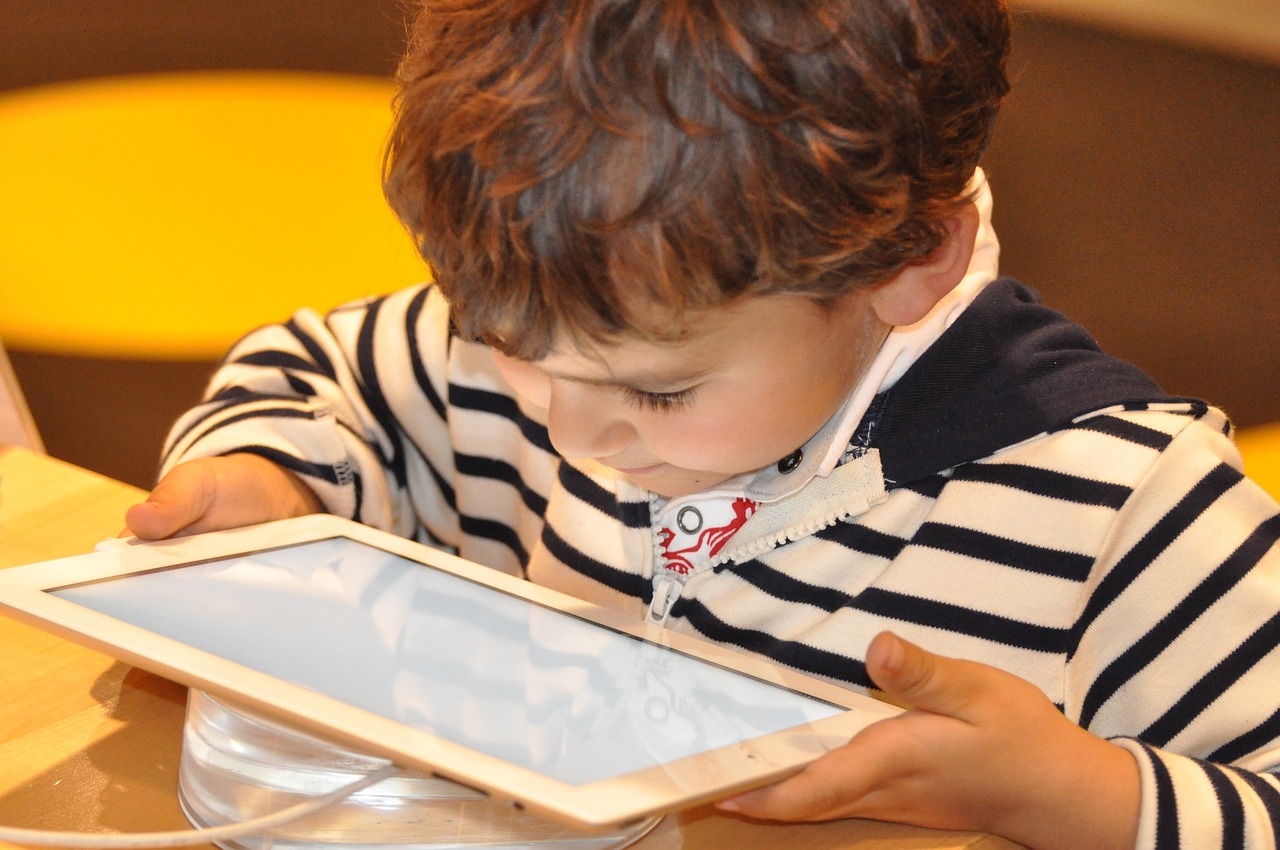
How excessive screen time can affect children's social skills and interactions
Posted by on 2024-01-26
Title: The Detrimental Impact of Excessive Screen Time on Children's Social Skills and Interactions
Introduction:
In today's digital era, the prevalence of excessive screen time among children has become a growing concern. As technology continues to advance at an astonishing pace, it is crucial to examine how this extended exposure affects their social skills and interactions. While the benefits of technology cannot be overlooked, there are potential drawbacks that may hinder children from developing essential social competencies. This essay aims to explore the detrimental impact excessive screen time can have on children's social skills and interactions.
Body:
1. Limited Face-to-Face Interaction:
Excessive screen time often leads to reduced face-to-face interaction between children. When kids spend prolonged periods engrossed in screens, they miss out on vital opportunities for real-time communication with peers, family members, and even strangers. This lack of personal engagement might impede their ability to interpret non-verbal cues or demonstrate empathy effectively.
2. Impaired Communication Skills:
The excessive use of screens can hinder the development of effective communication skills in children. Engaging primarily through text messages or online platforms limits their practice in articulating thoughts verbally and inhibits their ability to express emotions adequately. Consequently, these limitations may lead to difficulties when attempting face-to-face conversations or expressing themselves confidently.
3. Reduced Empathy and Emotional Intelligence:
Screen time often replaces meaningful interpersonal connections that foster empathy and emotional intelligence in children. Without genuine interactions where they can observe others' feelings firsthand, kids may struggle to understand different perspectives or exhibit compassion towards others effectively.
4. Decreased Social Confidence:
Excessive screen time can contribute to decreased social confidence among children due to limited real-life experiences interacting with peers in various settings such as school or playgrounds. The virtual world provides a controlled environment where children can avoid confronting challenges associated with face-to-face interactions; thus, hindering their self-assurance when engaging offline.
5. Distorted Perception of Relationships:
Excessive screen time can skew children's perception of relationships, leading to unrealistic expectations. The constant exposure to seemingly perfect lives depicted on social media platforms may create an inaccurate understanding of authentic connections and interpersonal dynamics. This distorted perception might affect their ability to establish and maintain meaningful relationships in the real world.
Conclusion:
While technology undeniably provides numerous advantages, it is crucial to acknowledge the potential negative consequences associated with excessive screen time on children's social skills and interactions. By limiting screen time and encouraging more face-to-face engagement, parents and educators can mitigate these detrimental effects. Nurturing healthy social development in children is essential for their overall well-being and success in navigating the complexities of human interaction throughout life.